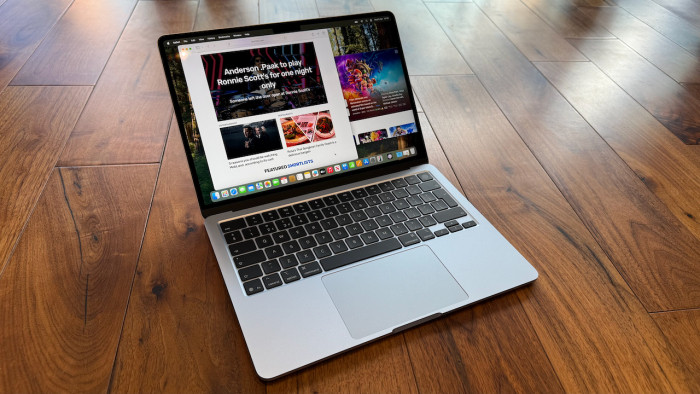Finally we know whether Apple intentionally slows down your old iPhone
It always seems to coincide with a new product launch


You all know what we’re talking about: why is it, that every time Apple has a big swanky event in Cupertino and announces a brand new iPhone for you to get your paws on, that your existing iPhone which, up until then had worked perfectly well, suddenly starts to slow down?
Of course, it’s evil Apple sending out a signal to your phone to make it work slower, to hobble it, in order to force you to upgrade to the latest model. That must be it. But how do they do it?
Well, someone has actually, finally, tested this rumour - and it turns out that it’s not true.
Benchmarking company Futuremark collected more than 100,000 benchmarking tests, ranging from the iPhone 5S to the iPhone 7, and ‘averaged the performance of both the processor (CPU) and the graphics chip (GPU) once a month between April 2016 and September 2017 with different versions of Apple’s software from iOS9 to iOS 11.’
Futuremark then declared:
“iPhone 5S GPU performance has remained consistent from iOS 9 to iOS 11, with only minor variations that fall well within normal levels.”
CPU performance was similarly consistent with Futuremark concluding: “it is clear that iOS updates have not had a significant effect on performance”.
The GPU performance for iPhone 6, 6S and 7 was also consistent, while CPU performance went down slightly with successive iOS updates.
However, Futuremark said: “The graphs for CPU performance show a very slight drop in performance over time – possibly due to minor iOS updates or other factors – but a user would be unlikely to notice this small difference in everyday use.”
Indeed, Futuremark goes as far as to say: “Our benchmarking data shows that, rather than intentionally degrading the performance of older models, Apple actually does a good job of supporting its older devices with regular updates that maintain a consistent level of performance across iOS versions.”

Tim Cook unveils the iPhone X last month
The idea that your phone is slowing up, however, is not all in your head: apps are constantly updating, often becoming more complex as new features are added; and successive iOS updates give them the framework to be able to do more things. Thus, there is a greater strain on your phone’s processing power. Each new iOS is designed for the newest hardware, which means it takes up more space, has more features and requires greater computing power to run. They’re not made with older iPhones in mind.
At the same time, your battery’s performance gets worse over time - a fundamental consequence of the way its internal chemistry operates. Thus, a combination of a greater demand for power, and a decreasing ability to provide it, means that your battery’s problems are exacerbated as time goes by.
Meanwhile, Futuremark suggests that there is the ‘psychological effect of knowing that there is a new and improved model available, which can make your own device seem outdated’.
But that idea that Apple is deliberately slowing down your old phone with a specific instruction beamed in to it? It’s a myth.
Futuremark states that “there are no signs of a conspiracy”.
And the solution? Don’t upgrade to the latest iOS until you really need to.
(Image: iStock/Rex)








